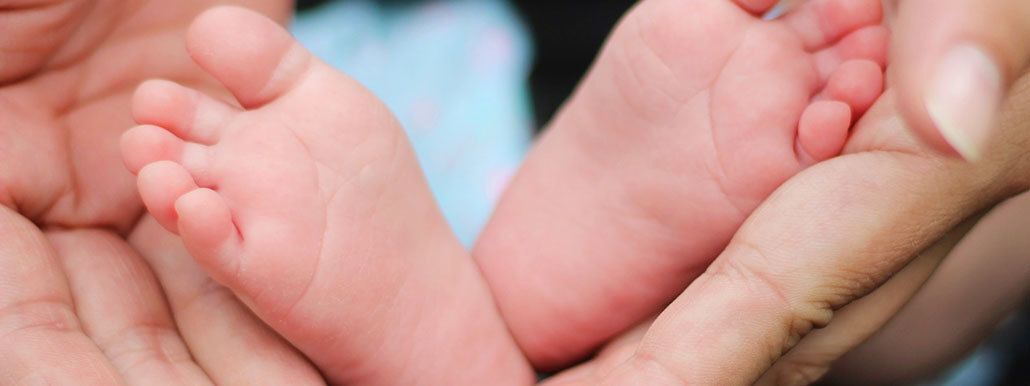
The Connecting the Community for Maternal Health Challenge, sponsored by NICHD as part of NIH’s Implementing a Maternal health and Pregnancy Outcomes Vision for Everyone (IMPROVE) Initiative, is a two-year effort that encourages organizations to develop innovative solutions to reduce maternal mortality and morbidity. HeroX, in partnership with FedTech, supported the design, implementation, and management of the challenge on behalf of NIH through a contract with the National Aeronautics and Space Administration (NASA).
“Strong community engagement in research is crucial to address the maternal health needs and priorities of diverse and disproportionately affected groups,” said Diana W. Bianchi, M.D., Director of NIH’s Eunice Kennedy Shriver National Institute of Child Health and Human Development (NICHD). “This challenge encouraged community-based organizations to develop the infrastructure and capabilities to conduct research to reduce pregnancy-related complications and deaths in the communities they serve.”
Central Jersey Family Health Consortium Recognized for Groundbreaking Research
Among the eight prize winners, second place was awarded to Central Jersey Family Health Consortium’s Cheryl McFarland and Lauren Manley of North Brunswick, New Jersey, for their research project, Can It Happen to Me? Developing a Pre-Pregnancy Maternal Morbidity Risk Algorithm. This project is focused on creating a data-driven tool that identifies maternal risk factors and predicts pregnancy outcomes.
Using a national dataset that includes over 1 million births, the Evaluation & Analytics team at CJFHC has developed an algorithm designed to predict the risk of severe pregnancy-related complications based on pre-pregnancy medical records and social determinant of health data.
Dr. McFarland explained her reasoning behind the project, “In the U.S., 1,205 individuals died in 2021 due to pregnancy-related complications1. According to Maternal Mortality Review Committees, more than 80% of these deaths were preventable 2. For every maternal death, it is estimated that another 50 people will experience serious pregnancy-related complications3. These estimates are alarming because they appear to be growing, not waning, over time” She said. “After serving as evaluator for the New Jersey Maternal Mortality Review Committee for several years and working with some of the leading experts in the field, I had a desire to look beyond recommendations for preventing death to attempting to prevent morbidity before the birthing person even arrives at the hospital.”
The goal was to understand (1) the incidence and prevalence of pregnancy-related morbidity, (2) the risk and protective factors for these outcomes, and (3) risk profiles prior to pregnancy. Dr. McFarland detailed how her team developed the algorithm, saying, “[We] built on our prior experience with using administrative claims data to develop a Pre-Pregnancy-Related Medical Complexity Risk Algorithm to identify birthing people at risk of SMM using a national sample of commercial and Medicaid claims data. With the generous support from the Connecting the Community for Maternal Health Challenge, and the NIH’s Implementing a Maternal health and Pregnancy Outcomes Vision for Everyone (IMPROVE) Initiative, we were able to develop an algorithm that successfully predicts risk of severe maternal morbidity 84% accuracy and 95% sensitivity. These findings could have major impacts for providers in not only identifying risk but providing care and services that will ostensibly decrease or even nullify risk. We hope to move forward with these results and implement programming that will improve the birthing experience of all people in our community.[CM1] “
Dr. McFarland’s work has received widespread praise from the maternal health community. Margaret Wolan Sullivan, PhD, a CJFHC Board member and Rutgers University Emeritus, expressed her satisfaction, stating, “We are gratified that NIH recognizes the value of Dr. McFarland‘s innovative project using community data to improve assessment of pregnancy risk in New Jersey.” She emphasized that “using statistical modeling to develop better assessment tools for practitioners is the wave of the future for improving maternal-child health outcomes.” Judith M. McCoyd, PhD, LCSW(PA), QCSQ, Associate Director of Doctoral Programs at Rutgers University, also highlighted the importance of the work, commenting, “The work of Cheryl McFarland and her team is innovative and important." She added, "I'm delighted that NIH recognized this through the Maternal Health Challenge award. With maternal mortality and morbidity so high, having an algorithm to predict and intervene promises a real way to make a difference.”
A National Commitment to Improving Maternal Health
The Connecting the Community for Maternal Health Challenge is part of the broader NIH IMPROVE Initiative, which aims to reduce preventable causes of maternal deaths and enhance health care before, during, and after pregnancy. This initiative is particularly focused on addressing health disparities among communities disproportionately affected by maternal health complications.
By supporting the development of tools like the algorithm designed by the Evaluation & Analytics team, the NIH is working to ensure that research and innovation lead to tangible improvements in maternal health outcomes across the country. This challenge exemplifies the importance of community engagement and data-driven research in addressing pressing public health issues, including the maternal health crisis.
For more information on the NIH’s IMPROVE Initiative or the Connecting the Community for Maternal Health Challenge, visit the NIH website.


